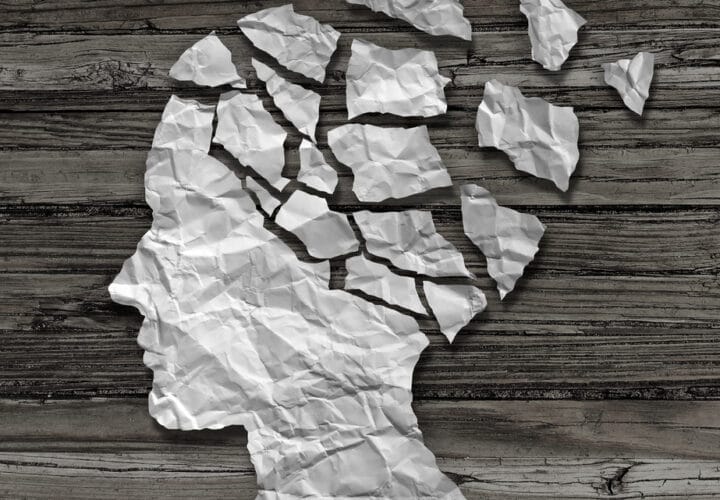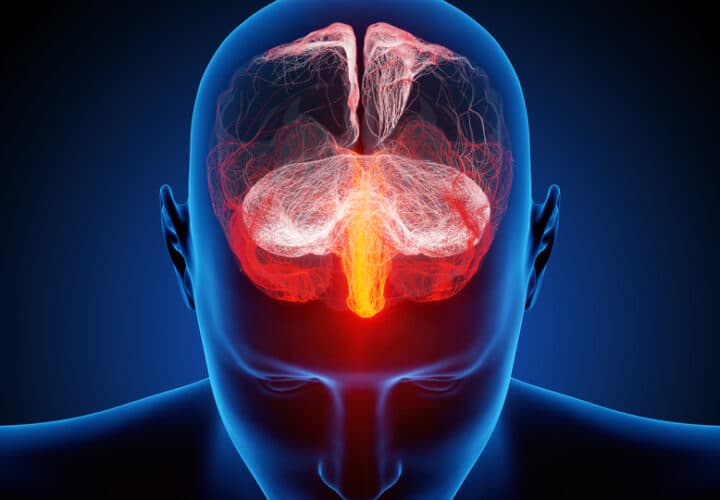Delaying dementia by even five years could reduce the number of cases by one third. Scientists are trying to uncover the key measures that could help to prevent the onset of the disease. Being Patient asked Dr. Vladimir Hachinski, Professor of Clinical Neurosciences at Western University, Ontario about his research on the impact of stroke on dementia and his top recommendations for avoiding one.
- Having a stroke doubles or triples the chance of dementia.
- A stroke prevention effort that decreased strokes by 35 percent also decreased dementia by 17 percent in a population of 14 million people
- Age is the biggest risk factor for dementia. Developing a way to measure biological age and delay aging may be the best prevention
Watch Video Interview
Being Patient: One of the things you’ve found in your research is that if you lower the rate of stroke you can lower the rate of dementia. What have been the key findings that show that?
Dr. Vladimir Hachinski: In the year 2010 the province of Ontario [Canada] invested in doing something more to reduce the instance of stroke. They built stroke units, stroke prevention clinics and they had campaigns to control risk factors. So we looked at what happened over the past 12 years and we have shown that stroke has decreased steadily, by a total of about 35 percent. Over the same period the incidence of dementia has decreased by 17 percent. Now in terms of 17 percent in a province of 14 million, we’re talking about a lot of people who have been prevented from having dementia by preventing stroke. We know now that having a stroke will double or triple the chances of having dementia.
Being Patient: What happens in the brain after someone has had a stroke?
Dr. Vladimir Hachinski: Well the first thing, after stroke, or the most common type of stroke, is the blood vessels close and the [affected] part of the brain dies. That sets off tremendous inflammation. Elderly people often have amyloid [build up in the brain], which is one of the things associated with dementia. The amyloid is like the fuel and a stroke, whether large or small, can be a trigger, which makes it much more likely that they’ll develop dementia. So if you prevent the stroke in the first instance you may have the fuel but you don’t have the fire.
Being Patient: What have been the key measures that have made a difference in Ontario to decrease the incidence of Stroke?
Dr. Vladimir Hachinski: Stroke units have improved the outcomes of patients so they’re more likely to remain at home and not go to a chronic facility. The other thing is stroke prevention clinics. We’ve shown that if you have a warning of a stroke and you go to a stroke prevention clinic, your chances of dying that year decrease by 26 percent. And then the third thing is the risk factor control.
Being Patient: What are the recommendations for controlling risk factors?
Dr. Vladimir Hachinkski: The advice is you have to exercise, you have to eat properly and you also have to watch your risk factors like high blood pressure, but you have much better success if you have someone to do it with you. They’ve shown, for example, that if you decide in the new year to exercise, only about 16% of people are still exercising at the end of the year. Whereas if you have a companion who does it with you, 61% are doing it. If you have high cholesterol that has to be treated medically, if you have high blood pressure and if you have irregularity of the heart, that puts you in danger not only of stroke but also dementia.
Being Patient: You’ve also been studying the interaction of amyloid and the vascular system in mice. What have you found?
Dr. Vladimir Hachinski: I have a colleague called Sean Whitehead, and we’re working with transgenic mice that have two of the genes that express amyloid. We find that these animals develop tremendous inflammation but we can make this worse by feeding them a diet rich in fats, salt and sugar. We can also make them worse by making them hypertensive (having high blood pressure), but the thing that really triggers it off is a small stroke. Even just a small stroke will create tremendous inflammation and then scars in the brain that interfere with their ability to think and to act normally.
Being Patient: There’s a lot of research being done about inflammation and its role in Alzheimer’s and dementia but it seems that people aren’t quite sure about how exactly it’s causing damage. What’s the best understanding of this process?
Dr. Vladimir Hachinski: Well, it’s not that simple because inflammation is not good or bad. If you have dead brain then you have to clear the dead tissue. The problem is that sometimes you jazz up the system and then it attacks healthy brain. If you’ve had a stroke, you want the inflammation to be there at the beginning, but at some point you want to suppress it. What’s the [right] timing? You cannot simply give a drug and suppress inflammation because that would be harmful. Some of the cells, called microglia, can pick up the garbage but they can also release garbage, toxins, that damage the brain. They are also capable of helping to repair the brain. The most remarkable thing about a stroke is not the damage it causes but the recovery it allows. Pretty well every patient recovers to some extent. The brain reorganizes itself.
Being Patient: And inflammation interrupts that process?
Dr. Vladimir Hachinski: If there’s chronic inflammation it does.
Being Patient: A lot of research has been focussed on finding a drug to target amyloid and tau. Are there different things you think that should be targeted?
Dr. Vladimir Hachinkski: Yes, I do. The most powerful predictor of dementia is actually age and people age at different rates so we need to develop measures of what the biological ages are. When we do studies we need to make sure that people are of the same age biologically to give a chance to the drug to work. This is one of the areas that should be studied. They talk about biomarkers but they’re talking about tau and amyloid, as usual. I think we should be looking at biomarkers of biological aging and there are several. We’ve known for a long time that restricting the diet in animals will prolong their life. There’s also a drug called Netformin that’s used in diabetes that seems to prolong life. So, now there’s a trial to see whether taking that drug actually pushes aging back. So, we should not be concentrating on the one thing – we should be concentrating on if we can delay aging and that’s probably better than preventing any one disease.



Hello, I find myself in a position, having 1st hand observation of a father Inlaw and much closer, a brother who both succumb to the onslaught of Alzheimers. I’m very interested in some of the newer discoveries and active testing, work arounds and potentially participating in any study, that might contribute to the discovery, early prevention of this terrible disbilitating condition.
As of today (Sept. 4th, 2018) I’m now aware of the role & potential early discovery through “Eye Testing”… and would like to be part of that of that program/testing. Can you possibly link me to that alzheimer’s study/group or Doctors Gregory Van Stavern and Dr. RagendraApte.
Thank you for reviewing this request and or any advice linking to a group where such studies are ongoing.
Keith A Metcalf
Dayton, Ohio
Tele: 937.212.8717
Email: 23844kam@gmail.com